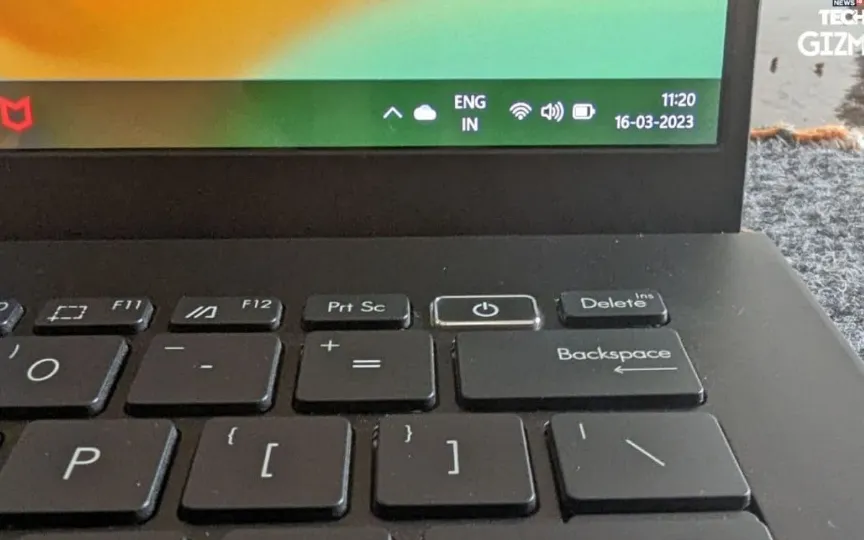Fingerprinting Your PC: Is Your Security at Risk?
Microsoft released Windows Hello as a password-free option for Windows laptops. You can log in to your computer using a PIN code, face recognition or fingerprint sensor. The company has made big claims that its Hello security is reliable and not that easy to bypass.
Well, a team of researchers has proven otherwise by cracking the fingerprint scanner on Dell, Lenovo, and Microsoft laptops. The most interesting part of these details is that Microsoft asked security researchers to test the security levels of fingerprint scanners on laptops today.
The company reached out to Blackwing Intelligence to test the feature and see where it stands in terms of security. The agency used the Dell Inspiron 15, Lenovo ThinkPad T14, and Microsoft Surface Pro X models affected by the test and showed that the fingerprint scanners on these devices can be bypassed by those who know about such technical violations.
So how does Blackwing Intelligence manage to crack the security of these laptops? They had to design both hardware and software in these models to find flaws in the custom TLS that is an integral part of the security sensor, in this case from Synaptics. But their findings also explained that manufacturers may be to blame for these crimes, rather than Microsoft’s level of security.
In fact, researchers said Microsoft has done a good job designing a security protocol between the laptop and the biometric sensor. But these three laptops didn’t have it activated, making them vulnerable to intrusions that put millions of users at risk. After all, Microsoft has claimed that Windows Hello is used by well over 85 million devices, and if most of them don’t follow these protocols, people will have to avoid using the feature altogether.
But this is only the Windows market, what about the millions of Android phones and even Macs with the same feature, are they safe? Well, Blackwing is looking into possible tests on these platforms and we may soon hear more about their results.




